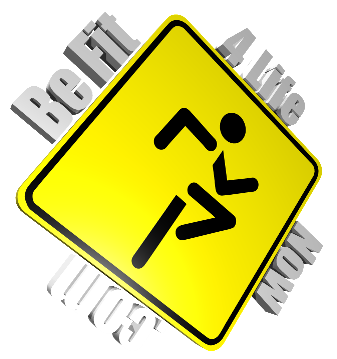Understanding sports nutrition can help you make food and drink choices that will complement your physical activity, as well as help improve your endurance, speed recovery from exertion, lower risk of injury and assist in rehabilitation. According to San Diego nutritionist Patti Tveit Milligan, MS, RD, most of the nutrients required for athletic performance fall into two categories: 1) macronutrients, which are required in large quantities and 2) micronutrients, which are required in small quantities.
Top Four Macronutrients
1 Carbohydrates. Most athletes should get 55 to 60 percent of their total calories from carbohydrates. Pasta, rice, beans, fruits, vegetables, and whole-grain breads and cereals are good sources.
2 Protein. Research suggests that athletes require slightly more protein than their sedentary counterparts—between 1.2 and 2.0 grams per kilogram (g/kg) of body weight, compared to 0.8 g/kg for inactive people. Good protein sources are lean meats, chicken, shellfish, fish, soy, eggs, and low-fat milk products.
3 Fat. Optimal performance has been noted in athletes who consume 20 to 25 percent of total calories from fat. Unsaturated fats, like those in olive oil, nuts, avocados and fish oil, are the healthiest. An emphasis should be placed on obtaining essential fatty acids, especially omega-3 fatty acids found in cold-water fish, leafy greens, walnuts, almonds, and flaxseeds.
4 Water. Daily energy expenditure of 2,000 calories requires a minimum daily water intake of 64 to 80 ounces. Water needs increase with higher temperatures and humidity, as well as with the consumption of alcohol, coffee, and soda.
Top 10 Micronutrients
1 Calcium. Calcium is second only to water as the most important nutrient for exercisers. The recommended intake of calcium is 1,000 to 1,500 mg daily, depending on age.
2 Iron. Athletes who train more than six hours a week should have their iron status checked yearly. The recommended intake of iron is 10 to 15 mg per day—more is definitely not better. Note: Iron overload is associated with heart disease and colon cancer.
3 Magnesium. The recommended daily dosage of magnesium is 250 to 900 mg. Endurance and ultraendurance athletes need to consume quantities at the higher end of the range. Good sources of magnesium are wheat germ, nuts, rye, soybeans, and figs.
4 Potassium. Potassium aids in muscle hydration and recovery from fatigue. The recommended daily intake of potassium is 200 to 500 mg from sources such as fruits, vegetables, and whole grains. Note: Potassium overload can have a toxic effect on the heart.
5 Selenium. Selenium benefits the immune system and helps repair daily cellular damage. Intake 100 to 200 micrograms per day. The best sources are Brazil nuts, beans, bran, garlic, mushrooms, and seafood.
6 Sodium. Sodium helps prevent dehydration. A safe daily intake for sodium is 1,000 to 4,000 mg. During ultraendurance activities, athletes should consume 100 to 300 mg of sodium per hour.
7 Zinc. Zinc aids in postexertion tissue repair and helps convert food to fuel. The safe daily range for zinc is 15 to 45 mg from sources such as bran, fish, wheat germ, and yeast.
8 Vitamin E. Vitamin E is a critical antioxidant, but it is nearly impossible to get adequate amounts from food sources (olive oil, almonds, hazelnuts, sunflower seeds, salmon, and wheat germ) alone. To get a daily dose of 400 to 800 International Units (IU), supplementation is necessary.
9 Vitamin C. Most sports scientists recommend at least 1,000 mg of vitamin C per day for consistently exercising individuals exposed to city-based environmental toxins, such as smog. Vitamin C sources include strawberries, bell peppers, cantaloupe, kiwi, citrus fruits, and potatoes.
10 Beta-Carotene. Recommended daily dosage of beta-carotene is from 25,000 to 50,000 IU per day. Many researchers advise athletes to emphasize dietary food sources first (fruits and vegetables) and then supplement 15,000 to 25,000 IU per day from natural marine sources (seaweed).



No comments:
Post a Comment